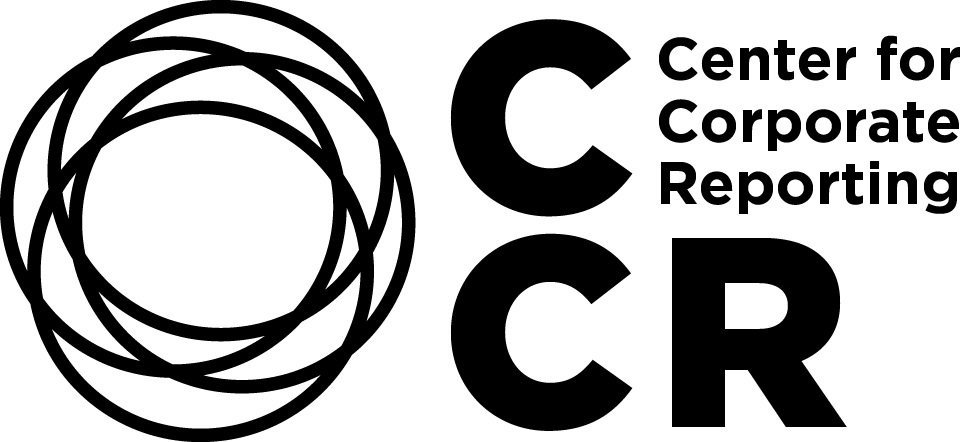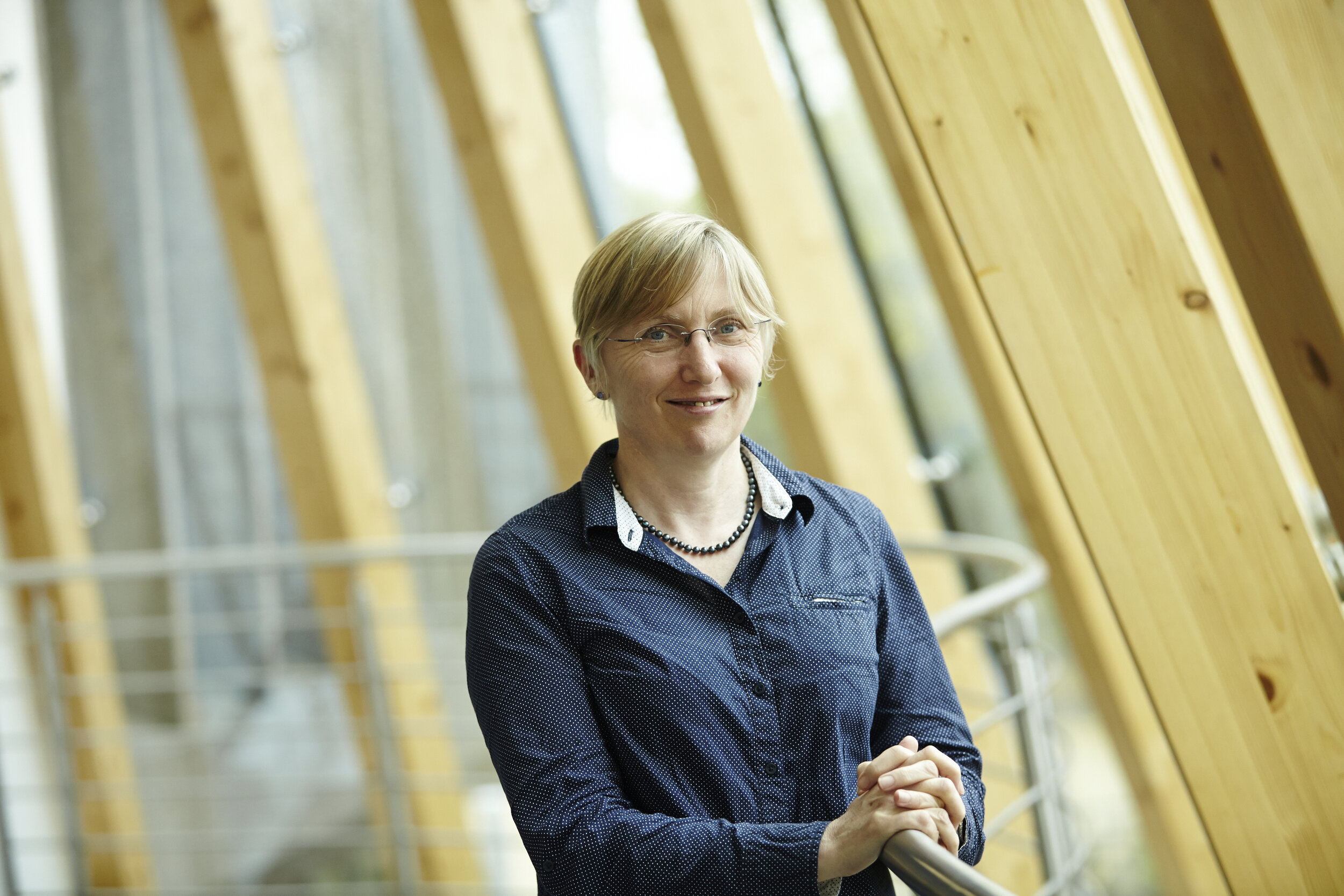The UN Sustainable Development Goals (SDGs) address issues that impact on long-term business success, the health of our planet’s natural environment and the well-being of its people. Businesses, asset owners and asset managers are recognising the risks and opportunities arising from issues such as poverty, inequality, climate change and environmental degradation. They are incorporating them into strategy and adjusting business models. But more needs to be done and faster.
Acknowledging the role accountants play in the provision of information for decision making and the power of collaboration on these important issues, the Association of Chartered Certified Accountants (ACCA), Chartered Accountants Australia and New Zealand (CA ANZ) and Institute of Chartered Accountants of Scotland (ICAS) have jointly published Recommendations for SDG Disclosures: A consultation paper authored by Professor Carol Adams, Russell Picot and Paul Druckman.
The proposed recommendations for SDG Disclosure are designed to be used in conjunction with existing reporting frameworks and be neutral with respect to them. The recommendations are also SDG-specific, recognising the complexity and interconnectedness of the sustainable development issues that the SDGs address.
The recommendations for SDG Disclosures are grouped in four themes:
Management approach (which includes risk management)
Strategy
Governance
Performance and targets
The aim is to encourage organisations to change their approach to strategy and their business model in order to enhance their impact on contributing to the SDGs. The disclosures aim to provide information relevant to investors and to national governments in their reports on progress against their commitment to the SDGs.
Examples of appropriate evidence to support the integration of the SDGs into business thinking are provided to encourage organisations to develop robust and credible processes and also to encourage assurance provision, which focusses on processes (not just data) by a wider range of providers.
Prior work
The work builds on Adams’ (2017) report: ‘The Sustainable Development Goals, integrated thinking and the integrated report’ published jointly by ICAS and the International Integrated Reporting Council (IIRC). That report sets out a five-step process for organisations for organisations to contribute to the SDGs through their value creation process:
Understand sustainable development issues relevant to the organisation’s external environment;
Identify material sustainable development issues that influence value creation;
Develop strategy to contribute to the SDGs through the business model;
Develop integrated thinking, connectivity and governance;
Prepare the integrated report.
Adams, Picot and Druckman draw on their work with guidance/standard setters such as the Global Reporting Initiative (GRI), the International Integrated Reporting Council (IIRC), the Task Force on Climate-related Financial Disclosures (TCFD) and the UK Financial Reporting Council (FRC) when developing the recommendations. They use their engagement with relevant policy developments such as those of the UK Government’s Taskforce on Impact Investing and Green Finance Inquiry, corporate governance consultations by the ASX and UK FRC and the Australian Senate Inquiry on the SDGs to inform the paper. The document has benefited from input from a number of experts.
Main points
- The sustainable development issues addressed by the UN SDGs will impact on long-term business success.
- Businesses, asset owners and asset managers are incorporating the risks and opportunities they bring into their decision making.
- ACCA, CA ANZ and ICAS have collaborated to publish SDG Disclosure recommendations – accountants have a key role to play.
Carol Adams is a Professor of Accounting working to advance practice and policy with respect to integrating sustainability considerations into organisations through applied research, leadership, standard setting, advisory work and educating the next generation of business leaders. She writes on her website at www.drcaroladams.net




